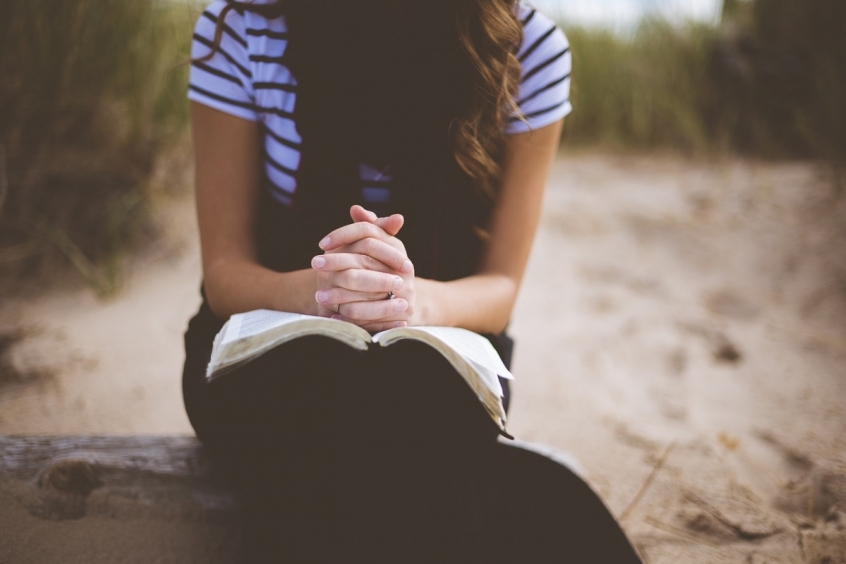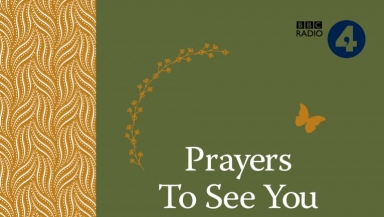What is prayer? The old Catholic catechism definition, a raising up of the heart and mind to God, captures prayer's matter-of-factness, its ordinariness and its extraordinary scope, for it takes us into the hidden places of God. I like, too, the poet George Herbert's phrase 'the heart in pilgrimage', because prayer is about seeking God, which can never be a casual quest nor one in which the mind alone takes part.

To pray we sometimes need words, above all the words of scripture or the liturgy, or the inspiring words of men and women who enable us to see with fresh eyes. More often we need silence: the profound, attentive silence St Benedict writes about in his Rule – which, paradoxically, can co-exist with less than perfect physical silence. Indeed, a little noise, a 'distraction' or two, can be helpful. They remind us that prayer is not all about us. It is not a retreat from the 'real' world, where the two superpowers – God and us – meet. It is, in fact, a deeper engagement with reality, where faith alone can sustain us.
Prayer is not always consoling, any more than life itself is. It can be bleak; it can be challenging. And if we are truly open to God, we can also be open to everything that is opposed to God. There is thus a risk inherent in prayer. The biggest risk probably comes from our wanting to do all the talking, which can lead us away from God into a hell of our own making, although we may not recognize it as such. Not every seemingly good idea comes from God, nor do any which are destructive of ourselves or others.

What is the best way to pray? The simple answer is as we can, not as we can't. But experience suggests there are ways of making prayer as natural to us as breathing. Regularity is important: better to pray for a few minutes each day than struggle to pray for an hour or more every now and then. Finding somewhere uncluttered is also a help, as is prayer in the early morning before the day's business fills our thoughts. God wants us to pray, to spend time with Him. However hard prayer may seem at times, however reluctant we may be to pray, we must remember that God has already poured the gift of prayer into our hearts. He loves us and asks nothing in return but our love.
Sister Catherine Wybourne is Prioress of the Benedictine monastery Holy Trinity at Howton Grove, Hereford. Follow her on Twitter @Digitalnun
This is an extract from 'Prayers to See You Through Each Day' , a collection of 40 prayers and reflections from Radio 4's 'Prayer for the Day' (Watkins Publishing, £9.99).













